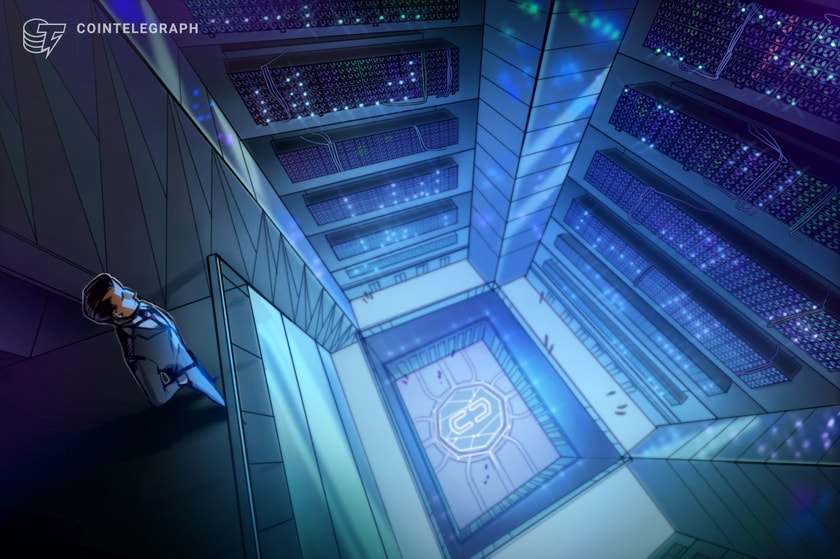Nonprofit to expand DLT adoption through grants of up to $5M
The DLT Science Foundation opened its call for grant proposals, offering up to $5 million for eligible individuals or organizations.
284 Total views
4 Total shares

Own this piece of history
Collect this article as an NFT
The nonprofit DLT Science Foundation (DSF) has launched intending to foster the adoption of distributed ledger technology (DLT).
In an announcement sent to Cointelegraph, the DSF highlighted that it would offer support in several areas, including education, innovation and research. This means it will create educational material, workshops and open innovation programs, as well as grants and fellowships for academics.
The organization will also be providing support through grants to members of its university network. The network includes universities like the Indian Institute of Technology Madras, the London School of Economics, the National University of Singapore, University College London and the University of Zurich.
The DSF is also supported by the open-source public ledger project Hedera. According to the announcement, Hedera will lend its expertise in DLT to the DSF University Network.
The organization also opened its first call for grant proposals. According to the announcement, the DSF offers up to $5 million for eligible organizations or individuals.
Related: Bank of Italy selectively encouraging DLT, preparing for MiCA, governor says
Paolo Tasca, chairman and co-founder of the DSF, expressed his excitement over the potential breakthroughs that may come from its efforts. According to Tasca, unlocking the potential of DLT will lead to a better future for everyone. He explained that:
“The DLT Science Foundation aims to drive innovation, foster new collaborative models between academia, industry, and government, and promote the responsible adoption of DLT in business and society.”
Nikhil Vadgama, the director and co-founder of the organization, also commented on the launch. According to Vadgama, the DSF has an opportunity to empower academics and education in various universities. “Drawing from our own experiences and the challenges we have faced, we have developed grant programs that are specifically designed to address the needs of the DLT community,” Vadgama explained.









